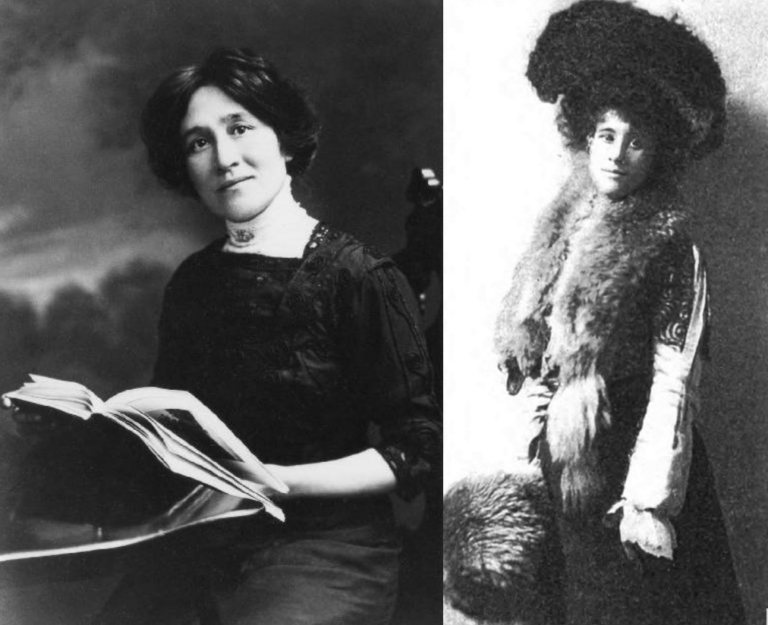Review: WHAT COMES NEXT AND HOW TO LIKE IT by Abigail Thomas
What Comes Next and How to Like It
Abigail Thomas
Scribner, March 2015
240 pages
I was first introduced to Abigail Thomas’s work in grad school when I read Safekeeping: Some True Stories From a Life. Initially, I was startled by its economy of words, wondering how all those little pieces were going to fit together to form something larger. To my surprise (which says a lot about me, I’m sure), they did fit, perfectly, and after I closed the book I found myself thinking about it for days.
Such is the subtle way Abigail Thomas enters the lives of her readers. Now in her 70s, she recently published her seventh book, What Comes Next and How to Like It. Like Safekeeping, it’s filled with white space, some chapters holding no more than a single paragraph, others filling a few pages; all of them seeking to answer the question of what comes next—in her life, and perhaps in ours.
Keenly observant, Thomas is a writer with true perspective—perspective that comes from both tragedy and age. Four lines into the first page, I found myself nodding affirmation at the words:
“Nothing is wasted when you are a writer. The stuff that doesn’t work has to be written to make way for the stuff that might; often you need to take the long way round.”
Although it wrestles with some of life’s biggest issues, things that we all find ourselves thinking about from time to time—things like cancer, death, love, and aging—the book largely deals with Thomas’s near-lifelong friendship with a man named Chuck.
Together, through short conversations with Chuck, or words written and left unsaid, Thomas interrogates her existence, asking herself questions like: What comes next when your daughter has been diagnosed with cancer? What comes next when your husband suddenly dies? What comes next when you reach the end of your days?
Of course, the answers to those questions are rarely addressed directly. Instead, the reader embarks upon a vivid exploration of life’s small moments, dissecting them, probing them, squeezing them with Thomas until she’s reached a conclusion one can’t help but agree with. (“I have learned that to be witness to one another’s lives is the greatest of gifts.”) And for readers familiar with Thomas’s work—yes, the dogs are back. Once again, we can laugh at and love them right along with her. (“Harry’s an optimist. I love this old dog. Off he ambled into the yard, tail held high, head held high. Peeing on everything perpendicular.”)
Thomas’s latest memoir is a window into a life that’s messy and beautiful and sad and poignant, but it’s also a revealing, intelligent observation on all of our lives. We learn from Thomas that many times, even when we need to write about the most complicated of life’s moments, just a paragraph will do. We learn that there’s art in restraint. There’s eloquence in brevity. And that whatever comes next in each of our lives, we can see it through to the other side, and perhaps even learn how to like it.
Tim Hillegonds is a Chicago-based writer whose work has appeared, or is forthcoming, in Brevity, RHINO, Midway Journal, Bluestem and r.k.v.r.y. quarterly. He earned a Master of Arts degree in Writing and Publishing from DePaul University, and was recently nominated for an Illinois Arts Council Literary Award. He’s currently working on a memoir about his time in Colorado.


